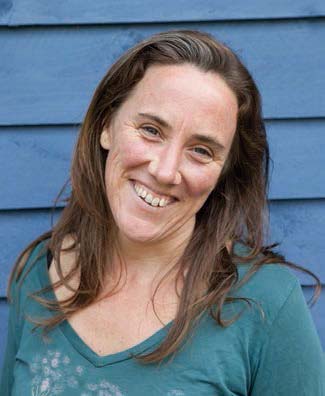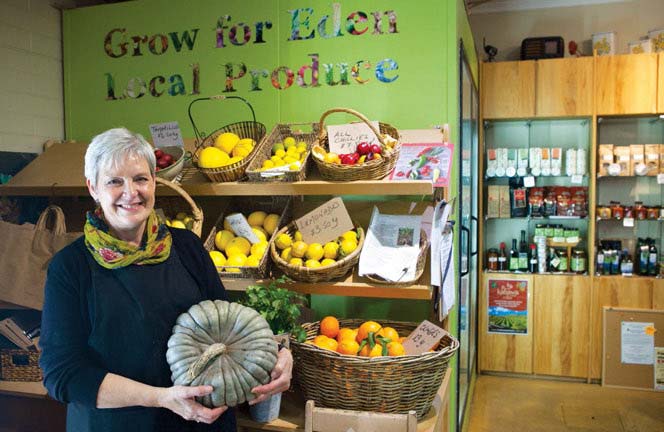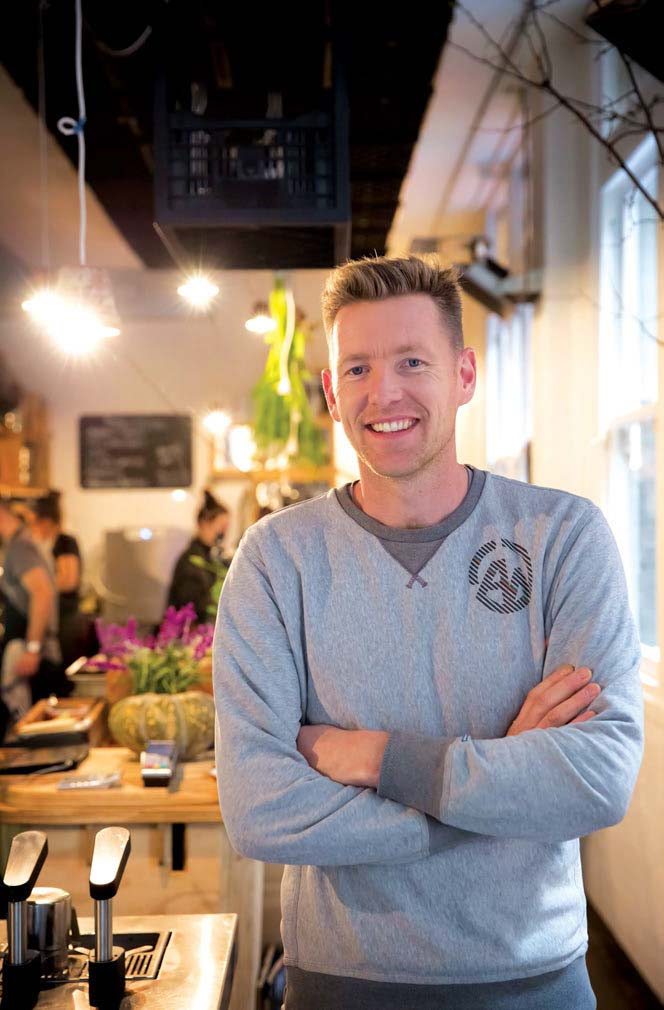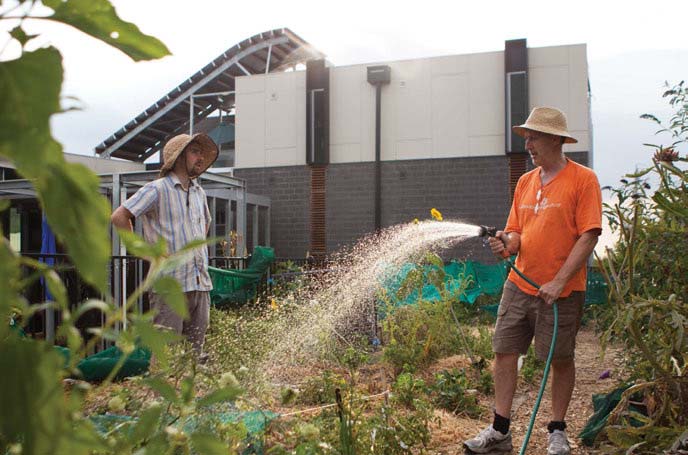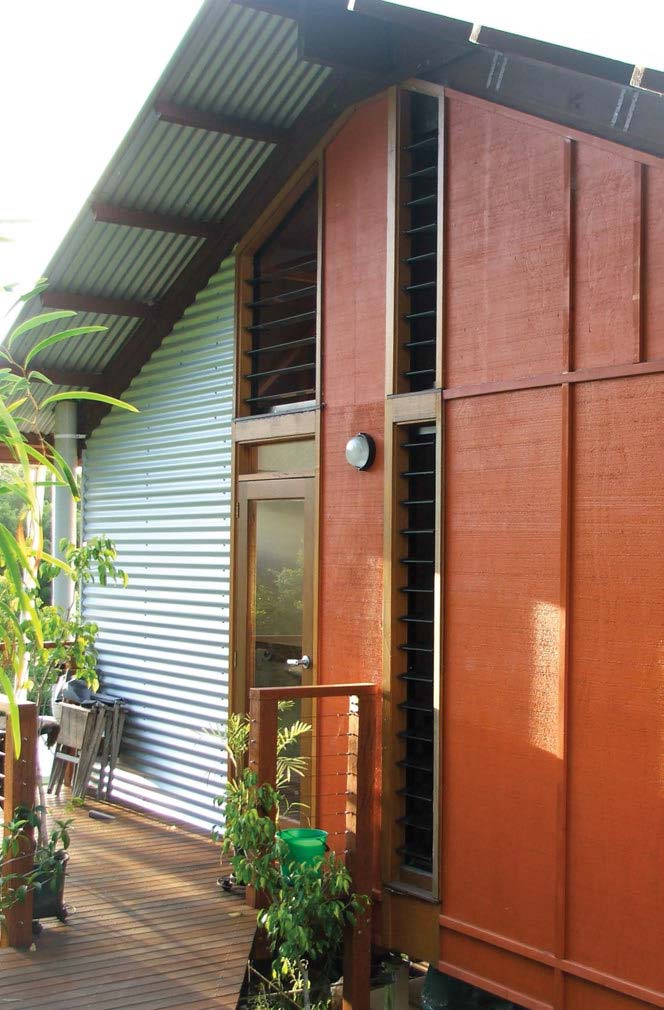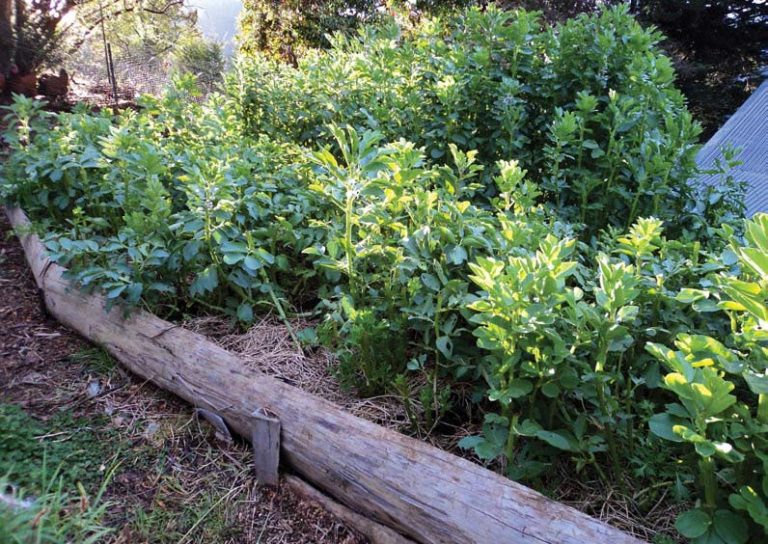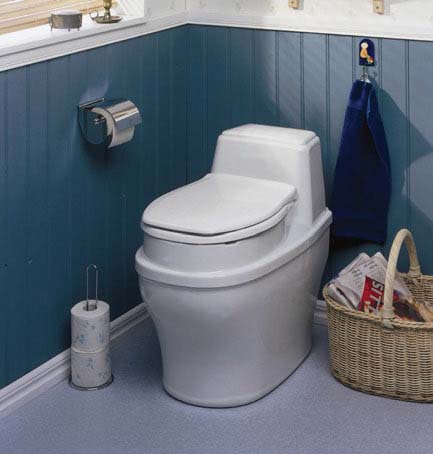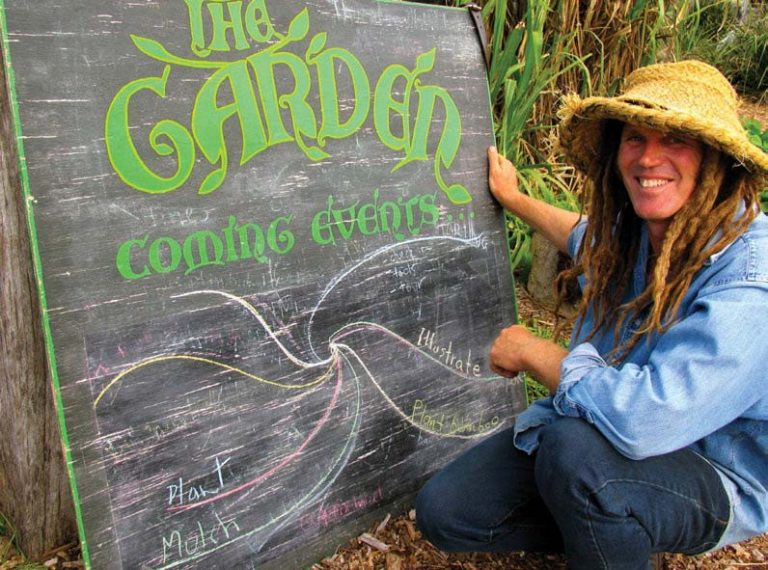Permaculture Around The World
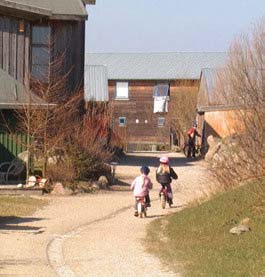
Permaculture is being applied in many communities and contexts around the world. It plays a leading role and catalyses positive change, from sustainable redevelopment to disaster preparedness, renewal of small farms and creation of urban agriculture zones.
Urban Agriculture Zones In California
Vacant land in Californian cities can now be designated as agricultural zones since the passing of new legislation in 2013. It encourages increased use of privately owned, vacant land for urban agriculture and improves land security for these projects. The key to making this work is that landowners who commit their land to urban agriculture for at least five years will receive a reduction in property tax.


